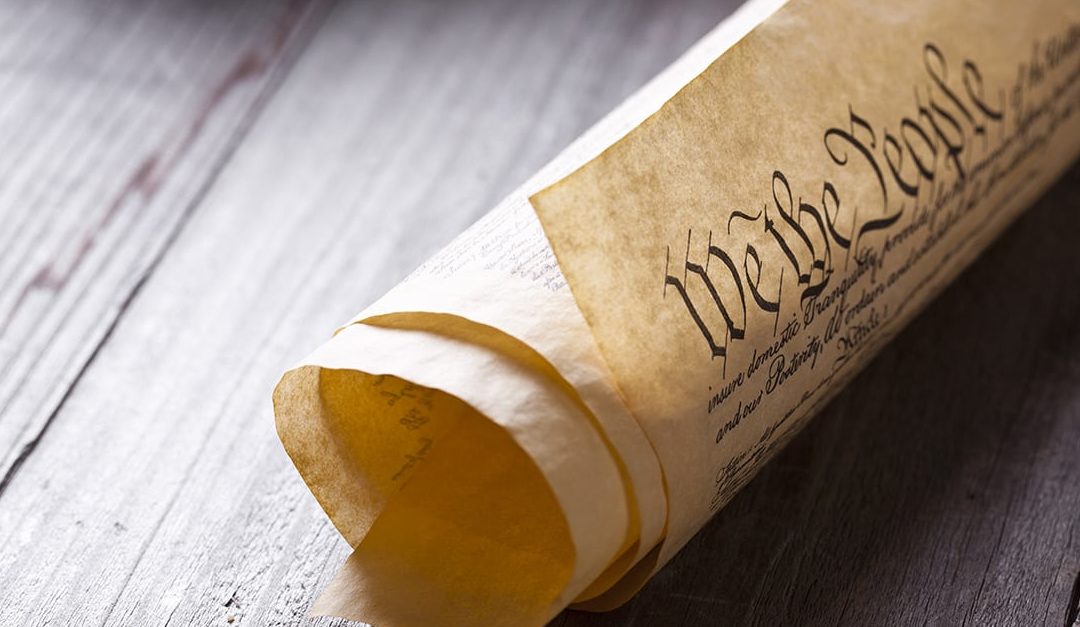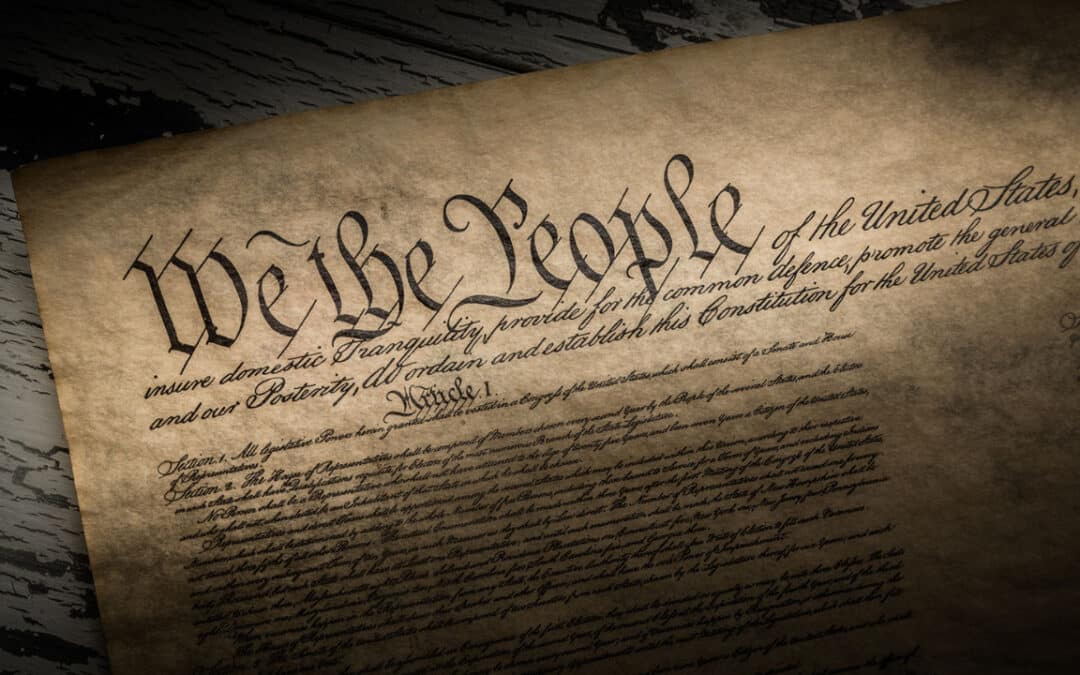
Preamble

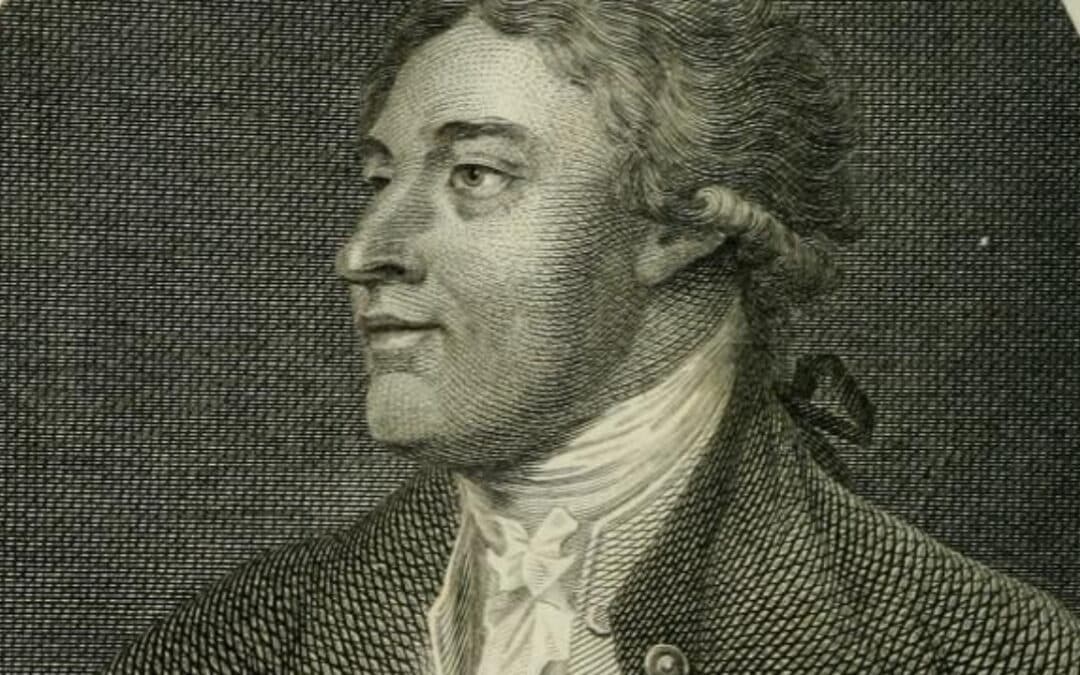
The ideas that formed the Constitution: Jean-Louis DeLolme and “We the People…”
Writers on the Constitution seldom mention the name of Jean-Louis DeLolme. This is unfortunate, because DeLolme’s book on the English political system significantly influenced those who participated in the constitutional debates of 1787–1790. The Constitution’s...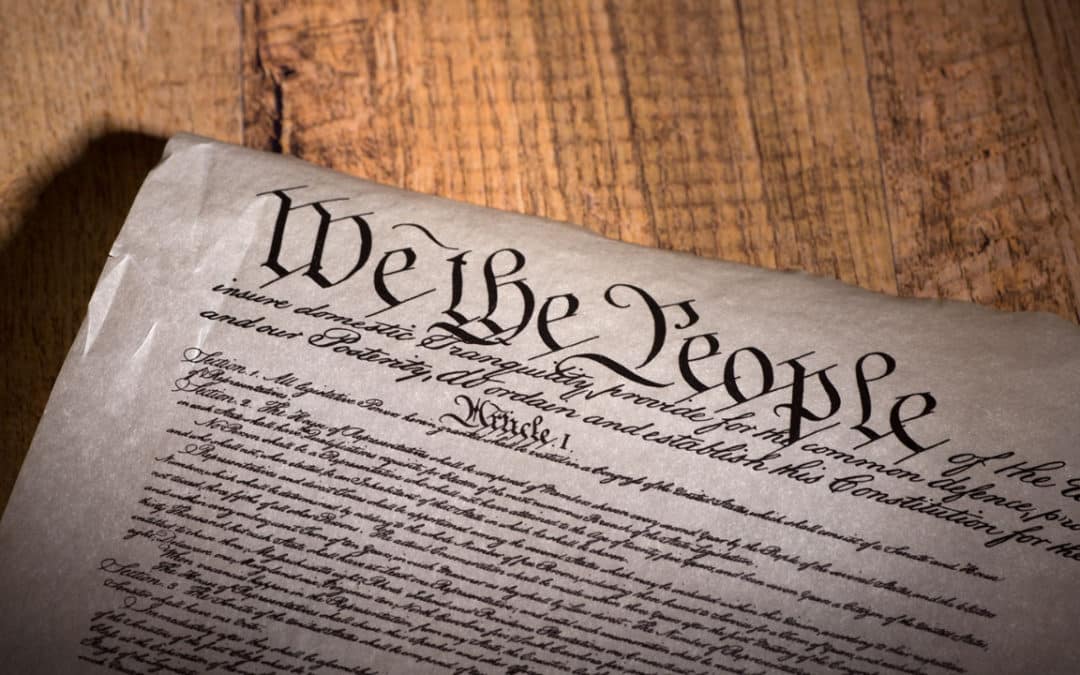
Understanding the Constitution: The Force of the Preamble
My last essay discussed the style of the Constitution’s preamble. Gouverneur Morris, its principal author, composed a passage that was grand, euphonious, and balanced. This essay addresses the preamble’s substance. The preamble of a legal instrument recites understood...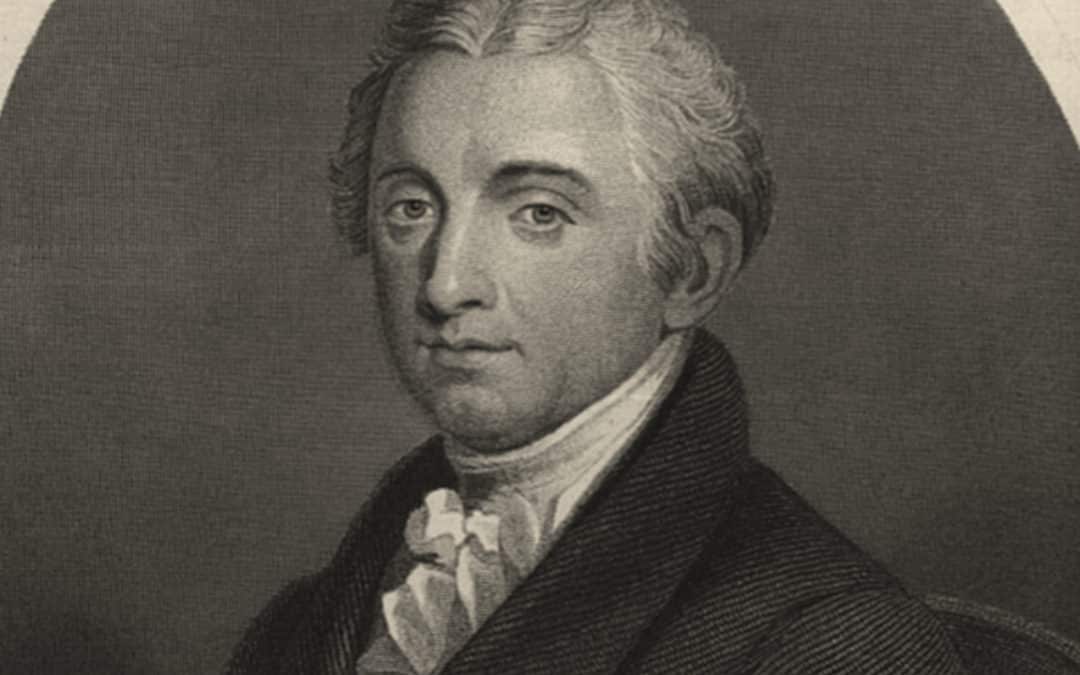
Understanding the Constitution: the style of the preamble
The Constitution begins with an introduction called the “preamble,” a word from the Latin praeambulus, meaning “walking before.” The preamble to a legal instrument identifies the parties, states crucial facts, and/or explains the purpose of the document. The “Whereas”...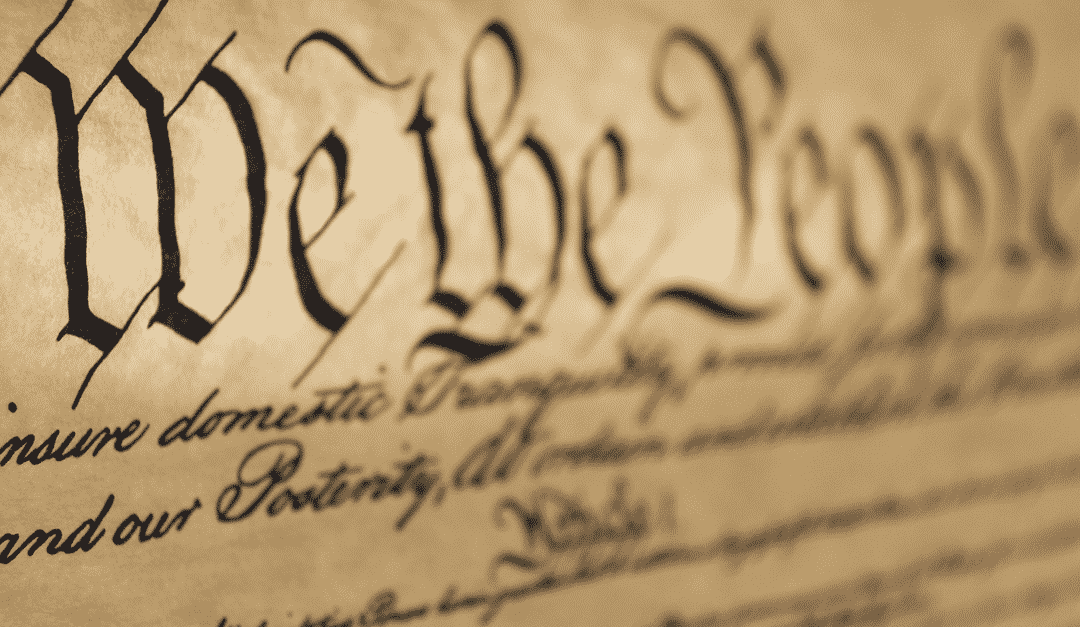
The Relevance of the Preamble to Constitutional Interpretation
The preamble to the United States Constitution is something that is widely employed within political and theoretical arguments but is virtually never relied upon in court cases interpreting the Constitution. Is this treatment correct under the Constitution’s original...